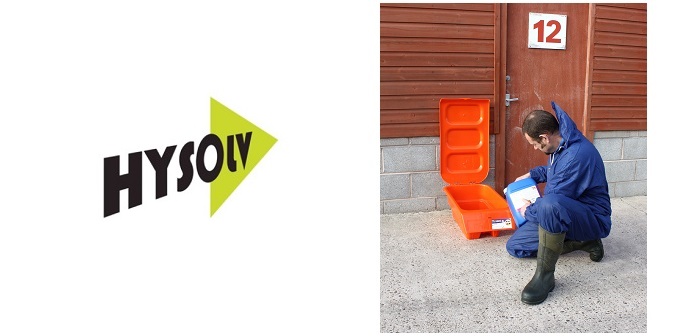Broiler producers can reduce the risk of transferring campylobacter infection to their flocks by changing their disinfection policies, according to the bio-security company, Hysolv Animal Health UK.
Quoting research findings from the Animal and Plant Health Agency (APHA), the company has highlighted the lasting effectiveness of chlorocresol products when used as a farm boot-dip disinfectant against Campylobacter jejuni at access points to broiler flocks.
“Twelve products that covered the main disinfectant classes used on farms were selected for testing (by APHA) and a disinfectant boot-dip model was created to simulate use through daily loading with litter to assess the effect of contact times,” said Hysolv.
“All the products were effective after a 30-minute contact time in clean boot-dips, but a shortened contact time or an increase in contamination with poultry litter resulted in some products becoming ineffective, according to the researchers. In fact, after seven days of simulated boot-dip usage, including litter loading, only chlorocresol products remained effective.”
Hysolv’s Geoff Hooper said that many farms still use cut-down drums and tubs without lids, an approach which means there is “great scope for reducing boot-borne infections and cross-contamination”.
Headline image shows Hysolv’s FootCheck footbath in which chlorocresol is the active ingredient used in its Interkokask product.
The original APHA research project – The efficacy of broiler farm boot-dip disinfectants against Campylobacter jejuni – was carried out by NH Kell, RH Davies and AB Vidal.


